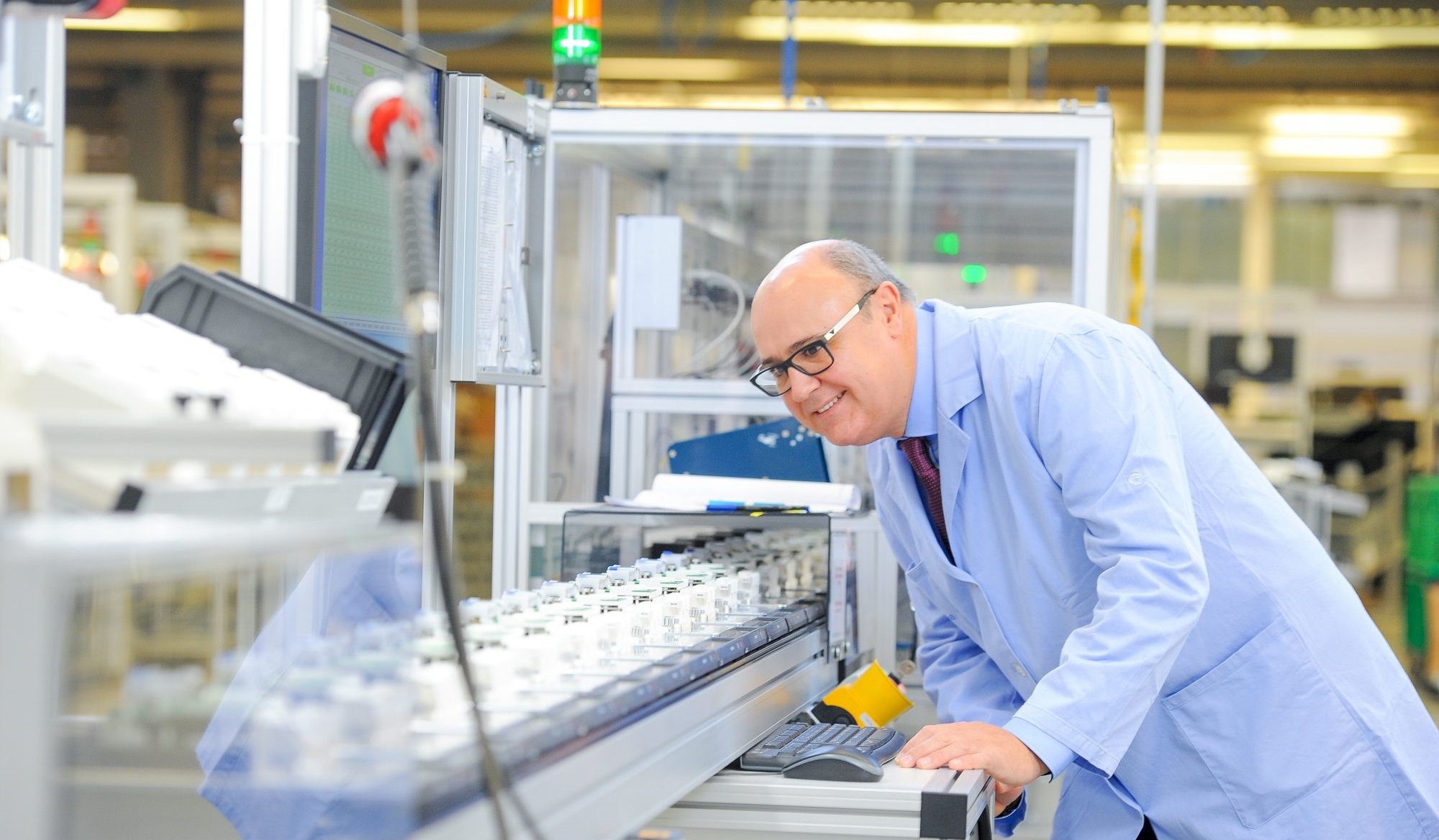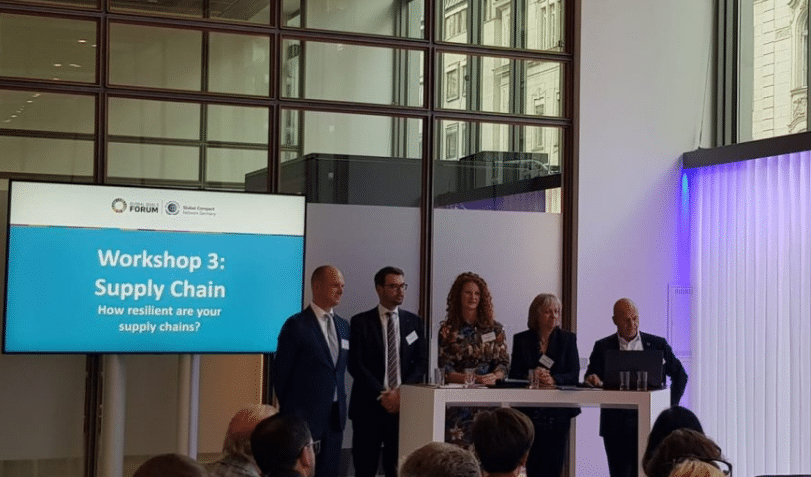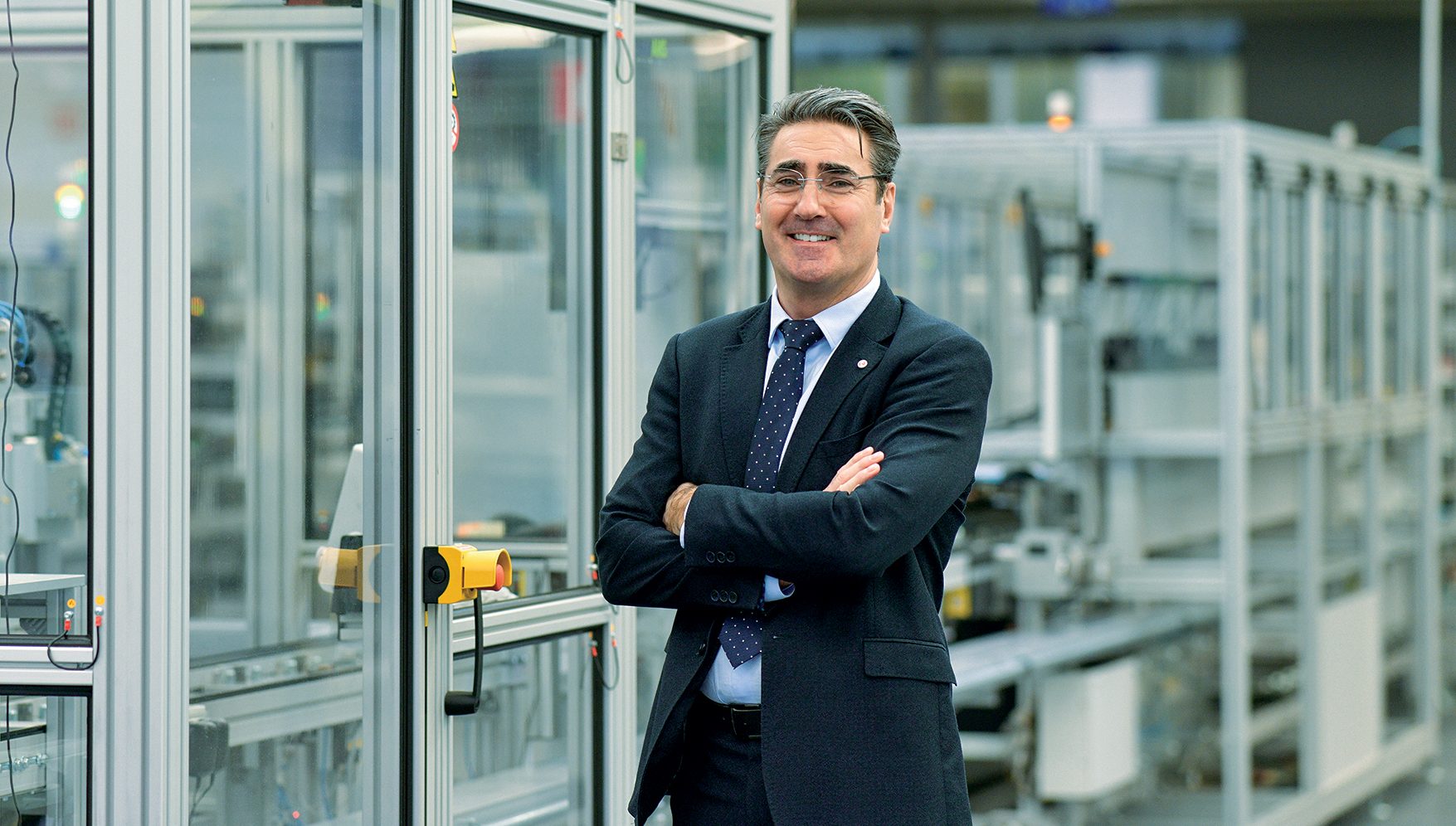We live in times of rapidly growing population and quickly expanding businesses. The growth of both, population and business, will escalate in the future. This will additionally increase the already high demand for electricity, which is predicted to rise for 25-30 % in the next 20 years. The electricity system is bound to change because we need sustainable power which is also reliable and affordable. Since the world acknowledged the fact that there is no plan B for the planet, the leaders are striving for greener solutions in electricity production.
The Expert Group on electricity formed by the European Commission was established in March 2016 and is now looking for solutions. Talks and reports on the future of electricity emphasize efficiency which should also be environmentally friendly. Finding a more green and cleaner way of obtaining energy is vital because two-thirds of all greenhouse gas emissions can be attributed to the production of energy. The group especially emphasizes the use of electric vehicles, digitalization and decentralization of electricity, obtaining electricity from sustainable sources, and briefing general public about implementing innovations.
We can see that the energy sector is going through a major change and we will face a lot of changes also going forward in the future. In 10 years, we will have a different structure that we have today. If we look at the other industries where the changes have been done, we can see that the energy sector is one of the markets where the structure is still a bit outdated, but it will need to change. If we compare other industries, we can see that the largest taxi operator does not own one single car (Uber), the largest hotel chain does not own one single bedroom (Airbnb). It might be that the energy sector, the largest utility of the future, will not own one single asset.
This means that service and customers will be the main focus. That is important for us. That the focus will be on improving the service and keeping the customer as the main driver for innovation, which is then the most important asset for everyone. Innovation will be important, and it will not come just with: “I will do a bit of renewal here and a bit of customer engagement there.” It will be more important to provide a service from which customers will benefit. This is a major change that the utilities are going through. It will also be happening in the future. It is hard to predict which renewable technology will succeed in the future.
Maybe there will be energy sources that are at the moment still being developed, and that is a great thing that we have in today’s world – the speed of innovation is unprecedented. That is important for all of us. We need to be in the lead, fast, and agile. Otherwise, nothing will happen. Companies that are not fast and innovative will not succeed. That applies to the energy sector as well. We all should be happy that this is the case because everyone will benefit from that – even the ones that do not believe in it.
Electric Vehicles, Digitalization, and Decentralization
Though the sale of electric cars is on the rise as of 2015, the group further encourages switching cars running on gas and oil for electric ones. Cars running on electricity will contribute to the reduction of emissions and a smaller carbon footprint. In a year an average driver in the US reportedly spends $1400 for gas, while the expenses of an electric vehicle owner can be even $1000 lower. There are even options for charging electrical vehicles with solar energy, which is predicted to influence the future of electricity to a great extent. Special batteries that enable storing the extra energy already come at an affordable price. Hence, all those obtaining energy from solar panels and using such batteries for storage rarely need an additional supply of power, which is a big step towards sustainability.
The means of generating energy need to change as well, which calls for decentralization of energy. Large plants that are now supplying entire regions with energy will be transformed into an innovative model. New models are planned to consist of more small units. Even though their capacity will be lower, they will be connected to networks powered by renewable sources. This will eliminate the demand for electrical grids that we know now today but will provide enough energy for local needs while protecting the environment. Consequently, new models promise a better and more effective solution.
In the future, the digitalization will continuously improve the accessibility and sustainability of energy systems. When data is digitalized, it is much easier to collect and access. Accessibility of data enables research which produces more relevant results. Having the required information, optimizing energy generation and transmission can become even more effective.
Digitalization will also provide more options for users, for they will be able to choose the energy technology they prefer and connect them to the grid. The digital network infrastructure will provide options for the optimal use of intelligent electrical meters. Using such meters, all the users of electrical networks from households to companies will obtain a better insight into how they use electricity. Knowing how and when most electrical power is used will encourage people to manage consumption more efficiently.
Iskraemeco’s residential smart meters come in 4 versions. Each model is adjusted to different needs and sizes of households. Our smart meters are accurate and reliable and provide long-term stability of the measuring system. As Mrs Markizeti already pointed out, we have a plan: “In the next 10 years, we will work towards meeting the Sustainable Development Goals (SGDs), decarbonizing our planet, using 50 percent fewer recourses, and securing the future for the generations to come.”
Future in the EU
The European Commission report on the progress of deployment smart meters in the countries of the European Union suggests that more than 70 % of consumers will have a smart meter for electricity by 2020. The report also states estimates that the implementation of smart meters provides benefits of around 309 euros per metering point and averagely 3 % energy savings.
The Member States, as the involved EU countries are called, set three main goals. They are listed in the report from November 2017. Firstly, they want to minimize the difference in the price of electricity from country to country. The Expert group recommends the differential of 2€/MWh for the relevant countries or regions. Secondly, they want to meet all the conditions of electricity demand everywhere, including areas in which the nominal transmission capacity of interconnectors does not surpass 30 % of their maximum load. Lastly, they want to start with exporting possible excess of renewable production.
The Expert Group strongly emphasizes the need for the general public being included. Now, most of the people are not familiar with details about energy production, nor do they know how to achieve optimal consumption. Social involvement would improve learning about electrical systems and simplify obtaining information. So, in case anyone feels concerned about innovations or the development of new interconnectors or implementing new ways of energy production, they know where to look for answers.
Further Innovations
While this is a lot for many to process, some are already one step ahead in the game. The Netherlands and Germany are planning on using the natural resources of winds blowing over the North Sea to create an international grid. However, they did not stop only at providing sustainable wind energy. They want Tennet, as they named it, to be the network with the potential of combining wind power, interconnectors, and energy storage. This whole plan would require an artificially created island which would serve as a central. If the countries manage to realize the project, TenneT would become the main unit of the energy system in Europe.
The way we see and deal with energy is soon about to change in many ways. We have to be present, act as a community, try to understand and follow the innovations, and strive for efficient and optimal use of electricity. Such a decision would help our planet with restoring and provide us with better living conditions.





